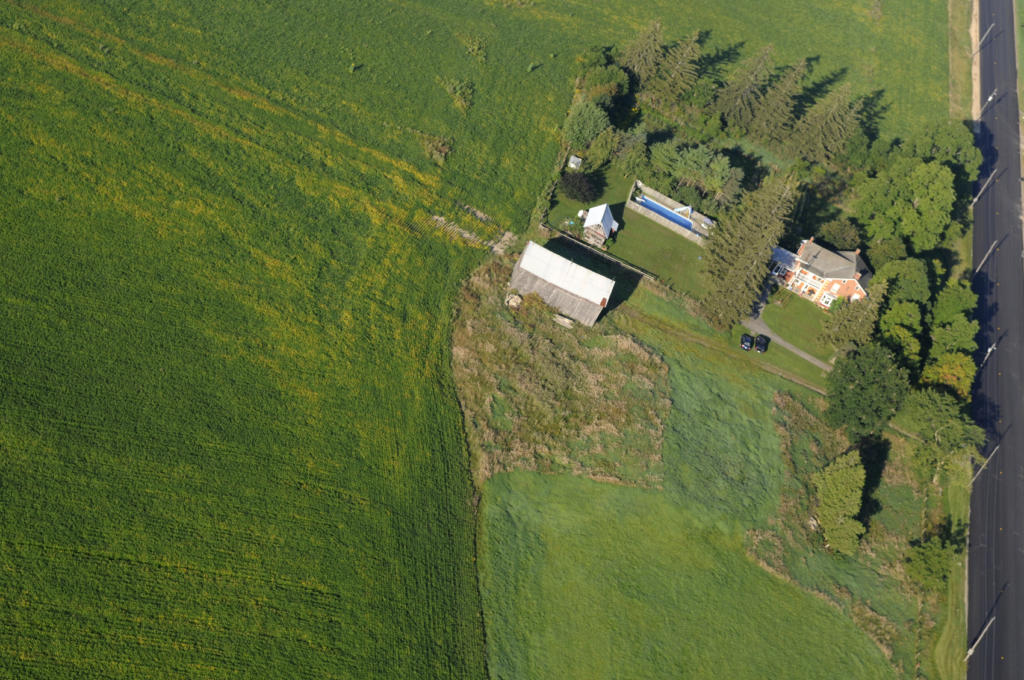
Buying a block of land is one of the biggest financial commitments you will make. By taking some time to think about key issues at the start, the whole process will be much smoother. Kate Theophilus, one of Cornwall’s leading agricultural lawyers explains what you need to think about.
Every land purchase is unique and what you plan to use the land for will dictate how you approach the purchase. Having a good team of professional advisors including a lawyer and accountant with experience in buying land is important here as they will be able to advice on the best approach for your individual circumstances.
Structure
The way your purchase is structured is crucial and can have an impact on your tax liability. For example would it be more beneficial for you to buy the land as an individual, as part of a partnership or a limited company?
If there is a house on the land, it will be important to establish if it is included and if it is owned by the same person who owns the land. Careful thought will need to go into the structure of the deal here too, from a purchase perspective, as it could have an impact on your Stamp Duty Land Tax liability.
Access
Access is one of the first things you need to establish. Will you have unfettered access to the land? Does the land abut a public highway or cross land belonging to a third party or indeed land to which ownership is unknown?
Boundaries
Knowing who owns the boundaries of the land you are interested in buying is crucial. You should look at a copy of the title plan early in the process, although this may not give the answer and further investigation may be required. Also, look out for openings in the boundaries. For example, does a gate open onto land which is not part of the deal?
3rd party rights
When you visit the land check to see if there are any well worn tracks across the land as these may indicate a right of way. Are there signs that 3rd parties occupy the land?
Also checks should be made to find out if mining and mineral rights are specifically excluded from the title, as in such circumstances where this exists any activity on the land may be a trespass should the owner of those rights wish to exercise them in the future. The fact the deeds may be silent does not automatically mean the rights are included.
Services
Find out what services are supplying the land and how they are set up. The seller should provide an up to date plan, showing the location of, for example the water supply, but when you visit the land you should take note of anything you can see, including boreholes, reservoirs, troughs or associated pipework.
Questions you should seek to answer include: is there a water supply? If so, how is it set up? Is it on a meter? Is it mains water or from a private supply? What is the route? Does anyone else have a right to use the water supply?
Similarly, make sure you understand the drainage on the land, including the location of land drains, cess pit or septic tank and soakaway, especially if there are houses nearby.
Similar thought needs to be given to other services such as electricity lines/pylons and gas mains.
Overage
Some land purchases come with an overage clause, which gives the seller a right to a share in the future value of the land. Triggers could include building property on the land or changing the use of an agricultural building. Your lawyer will help you to understand what the implications of this could be for you further down the line, and any knock-on impact on your tax liability.
Kate Theophilus is a partner in the rural services team at Stephens Scown LLP in Truro. She is a fellow of the Agricultural Law Association and is recommended by independent guide to the legal profession Chambers UK and Legal 500 for her expertise in agricultural law. To contact Kate please call 01872 265100, email rural@stephens-scown.co.uk or visit www.stephens-scown.co.uk
